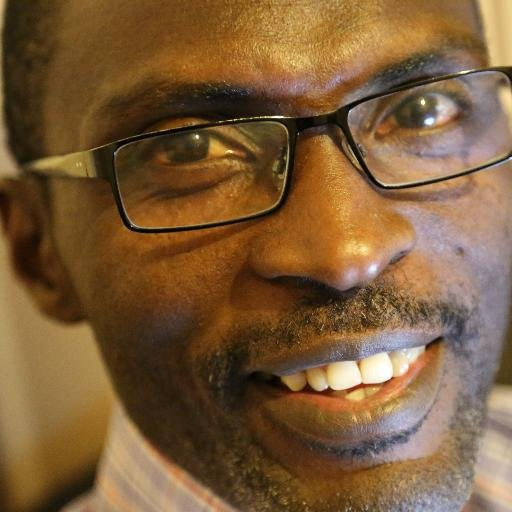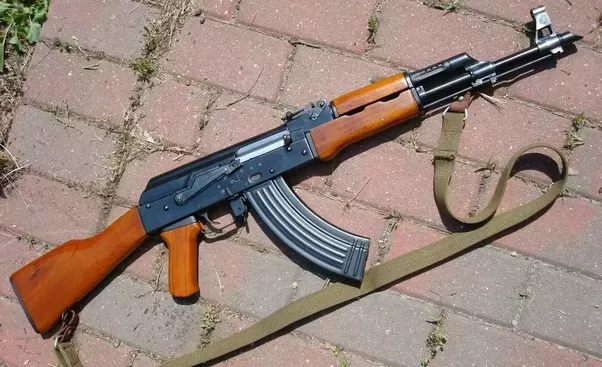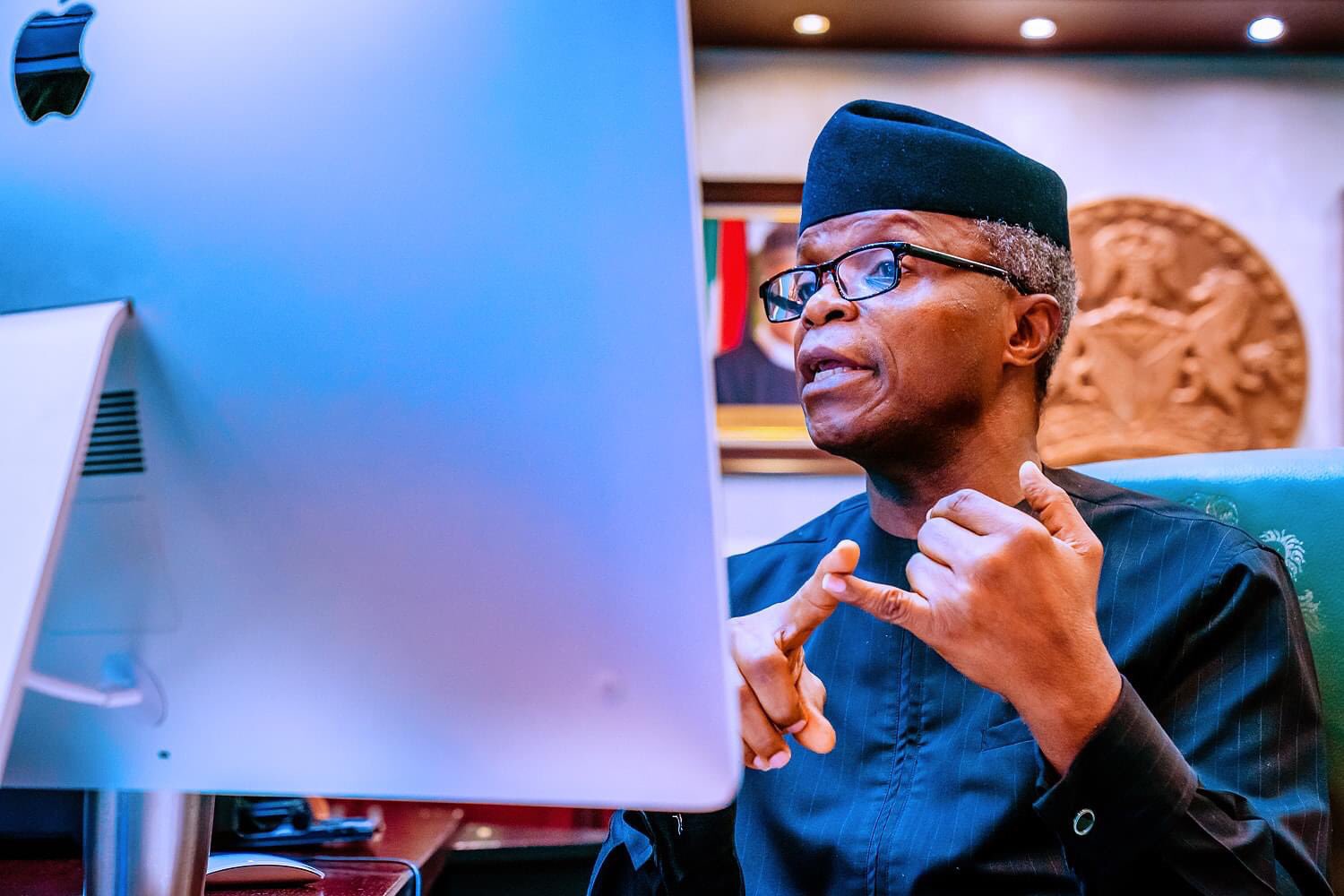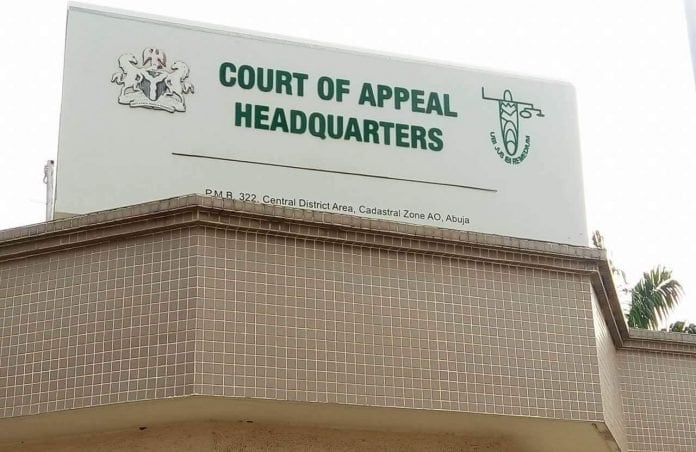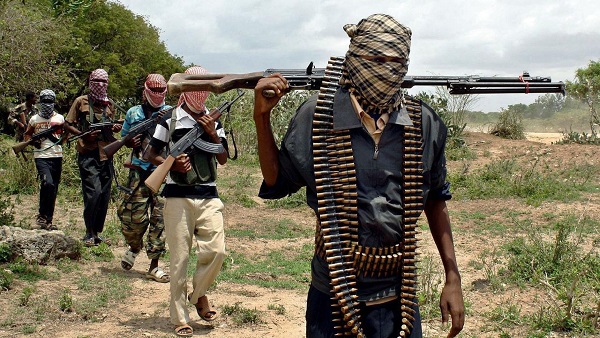In 2008 the research topic for my 2nd Masters programme was titled “International Small Arms Regime And The State:” The focus was on Africa and Nigeria.
Professor Peter Gowan had pulled me to his office and said “Do you really want to do it?” I told him I suspected Nigeria was going to be the next Ground Zero in small arms proliferation. My research topic was inspired by my own experience. I had resigned as Secretary General of the Pan Yoruba self-determination group, the Oodua People’s Congress. The founding principle of the OPC were mainly to unite peoples of Yoruba heritage, protect and defend Yoruba interests in the Nigerian federation, promote Yoruba culture, campaign for true federalism by encouraging autonomous regions and ethnic nationalities to seek self-determination and resource control within the Nigerian federation. Myself, Dr Beko Ransome Kuti who was elected Treasurer and a couple of others had been invited by the OPC leadership to help ‘sanitise’ the organisation. The organisation was before our arrival bugged down with factional conflicts. The few years I spent within the OPC exposed me to a lot of practical realities about conflicts, its management, how a simple disagreement between citizens can suddenly escalate and grow into communal conflicts with attendant violence, it also exposed character of the Nigerian State and particular the manipulative nature of elite politics.
Having failed to stem the tide of violence within the OPC and with first-hand knowledge on armed conflicts. I had always wondered why how it was so easy for none state actors to procure arms in Nigeria. Thus my research topic was going to genuinely seek knowledge. Those who know me from my University of Jos days can attest to the fact that theoretical academic exercise wasn’t my forte. Practical social science research was more appealing.
Back to my dissertation topic. Dr Marko Bojcun spotted my topic by “accident”. If I had not met Dr Bojcun, my work would have just been an “academic exercise”. Marko it was who linked me with contacts. I was privileged to visit 4 core small arms supply routes in 4 different European countries. One of the trip led me in uncovering Nigerian players in the international small arms market.
Advertisement
The Bosnian Connect:
A contact in Bosnia linked me up with a Nigerian player. He was then reputed as one of if not the most important Nigerian player in the illegal small arms trade. We met and he assisted in my research work. He claimed then he doesn’t supply Nigerian clients out of principle. Impressive, well connected and well-travelled, he made a good impression on me and you have to sometimes pinch yourself to remind yourself that he was dealing in items that may have caused the death of hundreds of thousands of innocent people across the globe, particularly Africa. But, he was convinced this was business, he wasn’t responsible for what end users do with the ‘commodity’.
Anyway it later turned out he had lied to me about not supplying arms in Africa. I only found out by a twist of faith in incidents related to the bombing that took place in Abuja, the Nigerian capital on the 1st October 2010.
Advertisement
I was at the eagle Square, I was invited to the ceremony marking Nigeria’s Independence as a guest of the Nigerian information Minister Dora Akunyili. I was actually in Nigeria entirely for a scoop we were working on for Sahara Reporters. Mrs Akunyili always made it a point to reach out to those who may be seen as opposed to the government to take part in national events. At the Eagle Square a bomb went off, I was with my friend Egghead Odewale, I was recoding the ceremony at the centre of the square, but we rushed from the square towards the sound, we were just outside the venue when the 2nd bomb went off, we later discovered they were car bombs.
The Abuja bomb incident led the Nigerian secret police Directorate of State Security Service to raid some homes across Nigeria, just by chance whilst preparing to leave Nigeria I saw the DSS spokesperson Marilyn Ogar displayed some recovered arms and military hardware on TV. I recognised something. Those arms, hardware, something familiar. Something recognisable in some of the items I had come across years back during my research and exchange of samples and photographs with my Nigerian contact for my research work.
I put a call through to the Nigerians arms dealer I had met during my research, we had maintained contacts over the years, mainly exchanging views on the state of Nigeria and particularly the degradation in the Niger Delta region. He did not need to say much, he said he made an exemption to the rule to protect the people of the Niger Delta. Not that I was surprised but it was the ease of bringing the supplies into Nigeria. Not just AK47. But Rocket Propelled Grenades, military hardware, special forces helmet, night vision google, bomb-making explosive materials, camping materials. Some came in through Nigerian Ports, others via the ‘Fayawo’ (Yoruba street slang for smuggling) route. Ease of doing business worked best for arms dealers. Easier to import bombs than import bread.
Nigeria’s borderless international borders: The North.
Advertisement
The insurgents in the Northern part of Nigeria have the Americans to thank the Americans for destabilizing Libya and North Africa, A large number of fighters of Nigerian heritage who had been guests of Libyan Presidents Ghaddafi’s training camps found home within emerging terrorist in Northern Nigeria, they came with free arms, experience and resources, those in countries neighbouring Nigeria chose Nigeria rather than go back to their country of origin. Small arms proliferation in the North and basically amongst North state actors in Niger, Northern Nigeria and Chad increased.
Frontline states in Northern Nigeria maintain artificial international borders. So one could excuse the ease of small arms coming in from North Africa. Let us take Borno and Sokoto State as a case study, at least I have visited both states and saw things for myself in the Nigeria’s so called international border areas. Borno borders the Republic of Niger to the north, Lake Chad (and the Republic of Chad) to the northeast, and Cameroon to the east; at least in one of the borders that I visited, there are no physical structures dividing Nigeria from the neighbouring countries, these are vast mass lands with people settled in hamlets across ungoverned territories, you only need to approach the official border which is usually a wooden plank on the road and a small building to stamp your passports.
Sokoto state borders the Republic of Niger to the north, during my visit to the border area enroot Niger, what was described a border was basically 3 small buildings, few custom and immigration officers and a lot of commercial activities stretching miles with movements in and out on both sides, myself and my minders were the only one who bordered to approach the immigration to stamp passports. Historically the people on either side of the Niger and Nigerian lines are the same people, they do not recognise borders and move on moto cycles taking goods in and out, this are easy traffic routes for arms, drugs and contrabands, the same is applicable when I got to the Republic of Niger side.
Nigeria’s borderless international borders: The South.
Advertisement
Southern Nigerian borders are not as secure as most Nigerians would like to believe. I will restrict myself to what I have experienced. I live in Ayobo and from my house to the Idi Iroko an international border between Nigeria and the Republic of Benin, it has taken me less than 3 hours drive at dead night, at the Idi Iroko border, you can chose to go trough the official border area but I know of at least 13 on official routes, 2nd car importers have over time created artificial routes and Nigerian Customs and Immigration are unable to catch up. They have mostly resigned themselves to collecting ‘rents’ from the smugglers. Idiroko illegal border routes is a blessing to the people in Ipokia local government of Ogun State in Nigeria. Some of the locals act as guides and minders if you want to avoid the official border posts or have something to hide with the aim of avoiding the prying eyes of security agents. The Nigeria-Benin border is one of the most porous in Southern Nigeria. Closing the border can affect big merchandise but not for the supply of small arms that can be dismantled and moved in adaptable casings.
Lagos Sea and Airports:
Advertisement
An illegal arms dealer once confirmed how the Nigerian airport NAHCO Cargo area is a soft spot for arms smugglers, the arms cartel in the facility are reputed to run like a cult, feared and influential. To them it is business and nothing more .
At the Lagos sea port a “runner” will sometimes send 7 containers, tease customs to discover 2 containers as a form of distraction and that is still good business for the supplier, and good public relations for the officials, everyone wins, mainly eastern European small arms main source suppliers add the “test run” cargo into the price so you lose nothing really.
Advertisement
The C problem:
Corruption: Officials usually turn a blind eye at our ports, the small arms trade is very organized, it is a cartel. those involved don’t see weapons of mass destruction, they see merchandise and profit. They are in our ports, customs, immigration, and military.
Advertisement
The I problem:
Institutional incompetence. Nigeria usually send ‘Military intelligence officers’ to its embassies across the globe, one would expect MIO’s at Nigerian embassies in small arms supply countries to gather actionable intelligence for tracking, tracing and interception, sadly this is not the case. They hardly monitor the activities of gun runners and Nigerians importing arms to cause harm against Nigerians in Nigeria.
National Intelligence Agency (NIA) Rather than focus on criminal activities, possibly one of the have very well paid officers. NIA officers are posted across the globe doing everything but the job they are paid to do. If Nigeria is to stop the menace it must review the activities of the intelligence community to work for the Nigerian people.
DSS: To be honest, the DSS is probably the most effective security apparatus only if they focus on disrupting crime against the state, particularly criminal gangs, they can embed within gangs and plant human sources, SSS did it so well against us in the student’s movement in 80’s. SSS in the past planted moles within the student and pro-democracy movements in Nigeria. In local government areas, your driver or house help could be an SSS operative, we saw how the SSS sourced the driver to Kudirat Abiola and turned him into an asset. The problem isn’t that we do not have intelligent officers but that they are used for sadistic purposes. Gone are the days when SSS would have human intelligence even with groups as radical as Boko Haram.
The L problem:
The loyalty problem is when all our security apparatus are primed by governments in Nigeria from the military era to the civilian governments to focus on the survival of elected officials than the survival of the state. Nigeria has over time diverted the best of its crime-fighting organs away from intercepting crimes to the protection of people in government.
Years back I met with a Nigerian NSA (Now late) and then later met a COAS, they served in the same government, the meeting held in the UK. I desperately raised my concerns but came out of both meetings depressed, knowing those who are appointed to protect Nigerians are as helpless as those they protect. It is the same TODAY! Not a lot has changed,
Guns are easy purchase:
So those alarmed that bandits (TERRORISTS) are brandishing military-grade weapons, are detached from the Nigerian reality, light and small arms are easily purchasable in Nigeria. All you need is to ACTIVATE a contact and delivery is assured almost risk-free.
The Nigerian government should in addition to other strategy focus on CUTTING THE SUPPLY CHAIN OF SMALL ARMS. Nigeria right now is a weak point in the West African illegal small arms supply route, apply the same strategy as you do on drug dealers. Cut the head of the snake.
Boko Haram and co may depend on captured arms, but I doubt if Nigeria has taken time to look at its stock, an audit of the National armoury to stop bad eggs who sell to willing buyers. A serious local, state and national strategy should be considered before it is too late, that is if it isn’t too late.
I have left out particular details, hoping those in government will take the hint and strategize.
For those complaining about my grammar. Sorry, wish I could do better. I hope you the grammar did not make you miss the bigger picture. The main message.
May Nigeria WIN!
The above is an expansion of a thread by Kayode Ogundamisi on Twitter under the handle @ogundamisi
Views expressed by contributors are strictly personal and not of TheCable.
